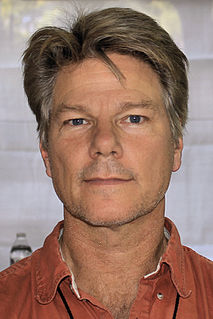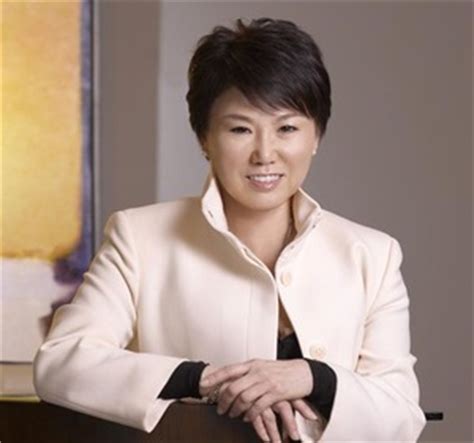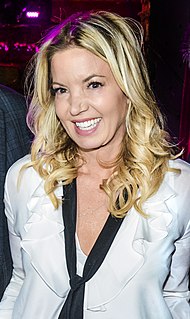A Quote by Mahatma Gandhi
When a tiger changes his nature, Englishmen will change theirs.
Related Quotes
Deploring change is the unchangeable habit of all Englishmen. If you find any important figures who really like change, such as Bernard Shaw, Keir Hardie, Lloyd George, Selfridge or Disraeli, you will find that they are not really English at all, but Irish, Scotch, Welsh, American or Jewish. Englishmen make changes, sometimes great changes. But, secretly or openly, they always deplore them.
God Himself - His thoughts, His will, His love, His judgments are men's home. To think His thoughts, to choose His will, to judge His judgments, and thus to know that He is in us, with us, is to be at home. And to pass through the valley of the shadow of death is the way home, but only thus, that as all changes have hitherto led us nearer to this home, the knowledge of God, so this greatest of all outward changes - for it is but an outward change - will surely usher us into a region where there will be fresh possibilities of drawing nigh in heart, soul, and mind to the Father of us all.
The Tiger Rising is, again, about a motherless child. His name is Rob Horton. He is dealing with the death of his mother, when he and his father move to a new town. And two things happen the same day that Rob gets sent home. One is he meets a girl named Sistine Bailey, who is what my mother would call "a piece of work," and he finds a real tiger in a cage in the woods behind the motel where he lives with his dad. And that's the story: what happens with the Sistine tiger, the real tiger and Rob's grief.
I recognize thart even you, yourself, will change. Your ideals will change, your tastes will change, your desires will change. Your whole understandings of who you are had better change, because if it doesn't change, you've become a very static personality over a great many years, and nothing would displease me more. And so I recognize that the process of evolution will produce changes in you.
The only thing that one really knows about human nature is that it changes. Change is the one quality we can predicate of it. The systems that fail are those that rely on the permanency of human nature, and not on its growth and development. The error of Louis XIV was that he thought human nature would always be the same. The result of his error was the French Revolution. It was an admirable result.
Implementing any major changes to the way companies operate requires time and determination and the shift to globally integrated innovation is no exception - it calls for new capabilities to be built, changes in the structure of the innovation organization, new systems, processes and mindsets. The scope and scale of this task shouldn't prevent executives from starting down the path of change as the systemic nature of innovation activities means that every single element of change that's brought about will make a difference.
Movement, change, light, growth and decay are the lifeblood of nature, the energies that I I try to tap through my work. I need the shock of touch, the resistance of place, materials and weather, the earth as my source. Nature is in a state of change and that change is the key to understanding. I want my art to be sensitive and alert to changes in material, season and weather. Each work grows, stays, decays. Process and decay are implicit. Transience in my work reflects what I find in nature.
We but mirror the world. All the tendencies present in the outer world are to be found in the world of our body. If we could change ourselves, the tendencies in the world would also change. As a man changes his own nature, so does the attitude of the world change towards him. This is the divine mystery supreme. A wonderful thing it is and the source of our happiness. We need not wait to see what others do.









































